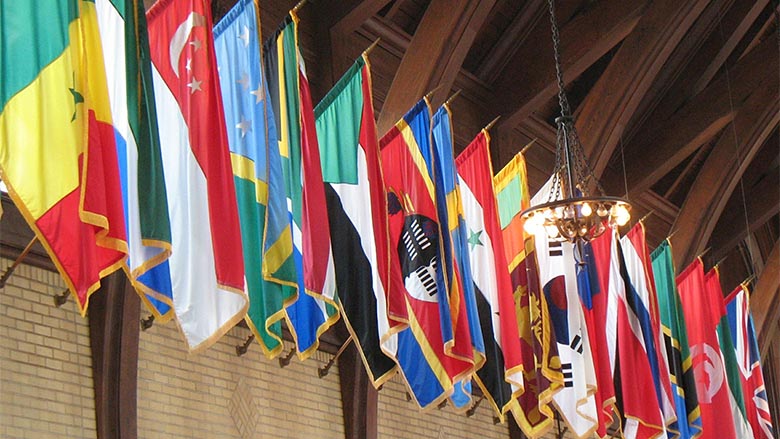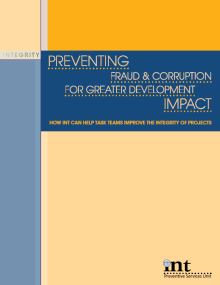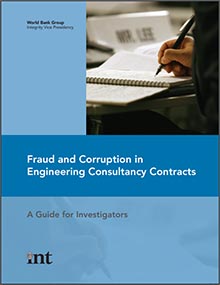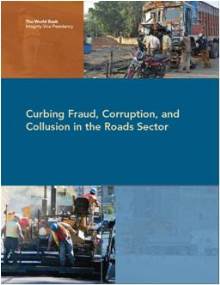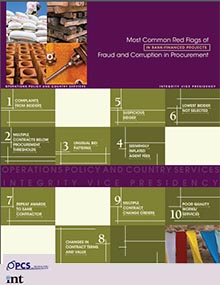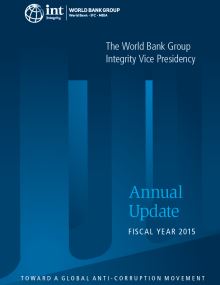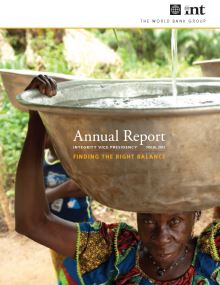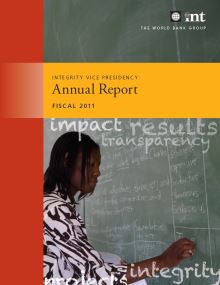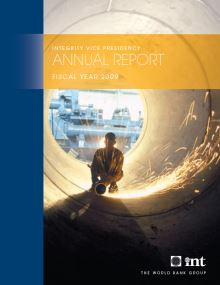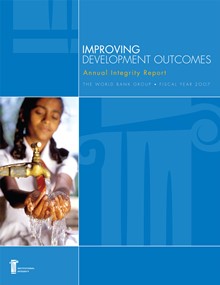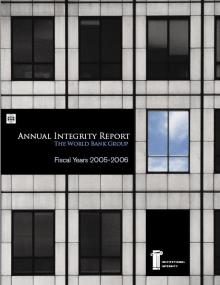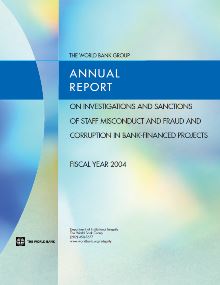External Investigations
Complaint Intake
INT performs an initial assessment of every complaint that it receives. This assessment determines whether: the complaint relates to a sanctionable practice in World Bank Group-financed projects, the complaint has credibility and the matter is of sufficient gravity to warrant an investigation. Complaints outside of INT's jurisdiction are redirected to other areas of the World Bank Group as appropriate. Complaints that fall under INT's jurisdiction are investigated if they are determined to be of a higher priority. When a complaint does not reach this threshold, INT works with Operational staff to address the issues raised. In assigning priority, INT also considers the possible reputational risk to the World Bank Group, amount of funds involved and quality of the information or evidence in INT's possession.
Investigation of Cases
Through investigations, INT ascertains whether firms and/or individuals have engaged in one of the World Bank Group's five sanctionable practices. Since an INT investigation is administrative in nature, the standard of proof is akin to a "balance of probabilities" and therefore lower than the criminal standard of "beyond a reasonable doubt." The World Bank Group, for that reason, has to prove that it is more likely than not that the alleged misconduct has occurred. If INT finds sufficient evidence to prove the allegation, the allegation is considered substantiated. The allegation is considered unsubstantiated if there was insufficient evidence to prove or disprove it, and unfounded if the allegation has no basis in fact.
Investigation Reports
When INT substantiates a case, it produces a Final Investigation Report (FIR). In some cases, INT will produce an FIR even if there is not reasonably sufficient evidence to substantiate a complaint - for example, if INT believes that the investigation unearthed important lessons that should be shared with colleagues in the World Bank Group. FIRs are sent to regional management for comment before being finalized and provided to the World Bank Group President.
INT strives to ensure that the maximum time between opening a case and completing an investigation report is twelve (12) months for normal cases and eighteen (18) months for complex cases.
FIRs also form the basis for two other INT outputs: referral reports, which INT sends to relevant national authorities if evidence indicates that the laws of a World Bank Group member country may have been violated; and redacted reports, which are provided to the World Bank Group's Board of Executive Directors and, after the completion of any related sanctions proceedings, posted on this site.
Internal Investigations
To maintain its credibility in the global anti-corruption arena, the integrity of the World Bank's own operations is of the utmost importance. In addition to investigating allegations of fraud and corruption involving Bank Group staff and corporate vendors, the Internal Investigations Unit mainstreams lessons learned through case studies, training and other activities and participates in outreach programs as a member of the Bank Group's Internal Justice System to promote the reporting, detection and prevention of fraud and corruption within the Bank Group's corporate arena.
Examples of allegations against staff within the Internal Investigations Unit's investigative mandate include abuse of position for personal gain, misuse of Bank Group funds or trust funds, embezzlement, fraud, corruption and collusion, involving either Bank Group operations or in the administration of Bank Group business, and attendant conflicts of interest or lesser included acts of misconduct.
The Internal Investigations Unit is also responsible for investigating allegations against Bank Group corporate vendors involving fraud, corruption, collusion, coercion, or obstructive practices in support of "vendor eligibility reviews," leading to corporate debarment proceedings.







